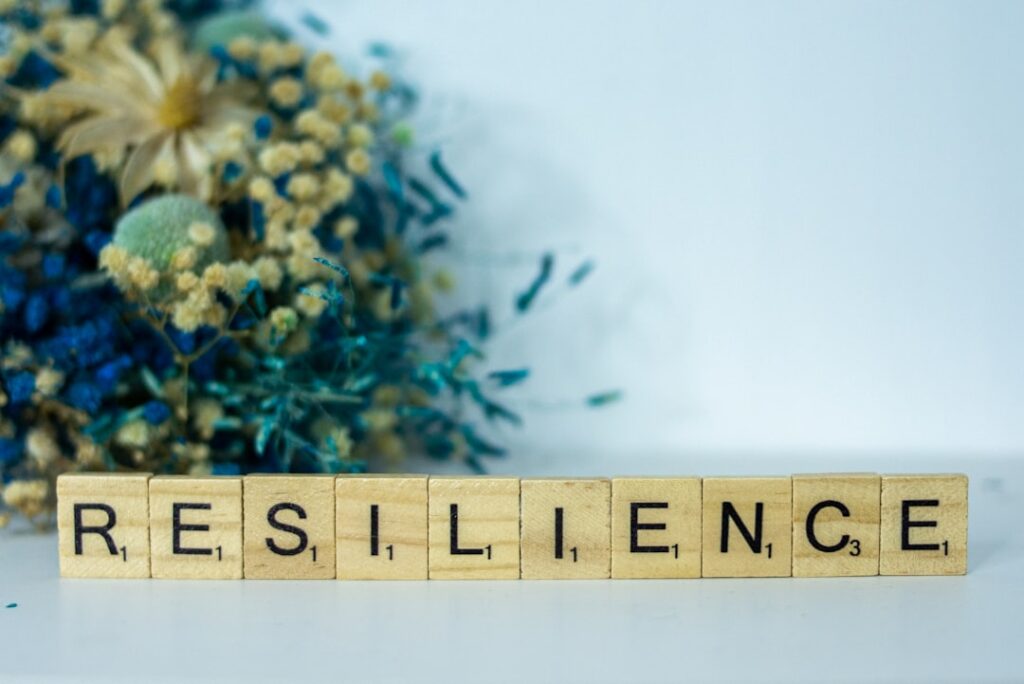Introduction: The Unseen Power of Solitude
Solitude, often misunderstood as loneliness, is a state of being alone without feeling lonely. It is a powerful tool in the arsenal of personal growth that when harnessed properly, can translate into increased resilience and inner strength. This article will explore the symbiotic connection between solitude and resilience, shedding light on the transformative power of solitude in the development of inner strength.
The Connection Between Solitude and Resilience
Solitude allows for introspection, self-evaluation, and self-discovery. It provides a conducive environment for individuals to confront their thoughts and feelings, unfiltered by societal pressures or expectations. This process of self-confrontation cultivates resilience, defined by the American Psychological Association as the process of adapting well in the face of adversity, trauma, tragedy, threats, or significant sources of stress. By spending time alone, we learn to handle our emotions more effectively, fostering emotional resilience and inner strength.
Solitude: A Catalyst for Inner Strength Development
Inner strength, a critical component of resilience, is the ability to maintain mental and emotional stability under stress. Solitude fosters inner strength by helping individuals become more comfortable with their own company and thoughts. This comfort translates into an increased ability to maintain composure, perseverance, and focus during times of adversity. For instance, the renowned poet, Maya Angelou, attributed her inner strength and resilience to periods of purposeful solitude.
Practical Ways to Harness Solitude for Resilience
While solitude can be a powerful tool, it must be used intentionally. Here are a few practical ways individuals can harness solitude to build resilience and inner strength:
1. Set aside quiet time: Commit to spending a specific amount of time alone each day for self-reflection and rest.
2. Practice mindfulness: Use solitude as an opportunity to practice mindfulness or meditation, which has been scientifically proven to increase resilience. Refer to this guide for getting started with mindfulness.
3. Embrace discomfort: Initially, spending time alone might be uncomfortable, but embracing this discomfort is crucial for growth.
Conclusion: Embracing Solitude
Solitude isn’t about isolating oneself from the world but rather about creating space for introspection and growth. It’s a powerful tool that, when properly utilized, can foster resilience and inner strength. Whether through mindfulness, self-reflection, or simply embracing the silence, solitude has the potential to transform our lives, arming us with the resilience needed to navigate the complexities of life.

